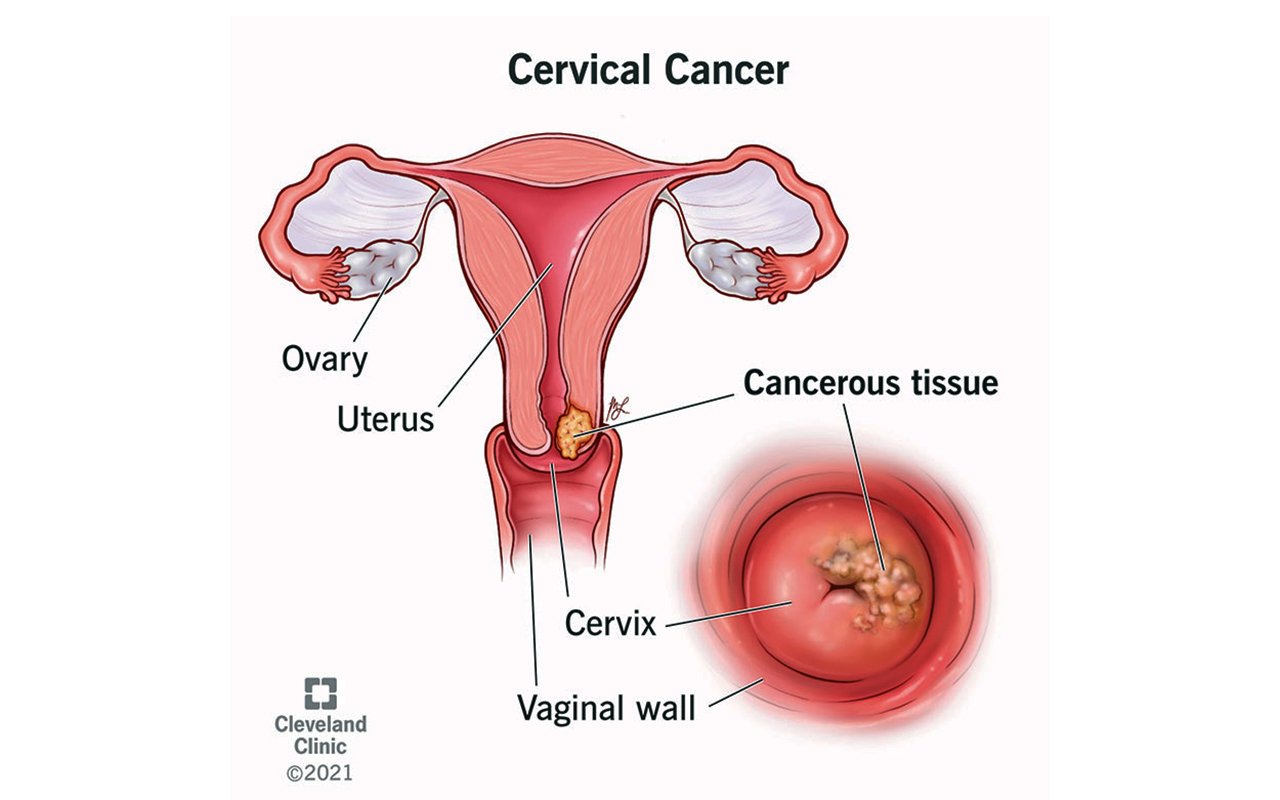We need more action on climate change

Gerald Barekye
What you need to know:
- Notably, many wetlands in Uganda have been encroached on for human activities and industrialisation but there seems no response from the authorities. This can be explained by the continued destruction of wetlands to grow rice.
In July, Cabinet through the minister of State for Environment, Ms Beatrice Anywar, banned the growing of all crops in wetlands across the country.
However, people have continued practising farming in wetlands with growing rice and animal rearing which is putting the environment at stake and leading to the climate change crisis we are experiencing today.
Notably, many wetlands in Uganda have been encroached on for human activities and industrialisation but there seems no response from the authorities. This can be explained by the continued destruction of wetlands to grow rice.
The Lwera wetland on Masaka highway has been reclaimed to grow rice, same as the Mpologoma wetland in sub-regions of Busoga and Bukedi.
Additionally, forests too have not been spared as Bugoma in Hoima and Lutoboka Forest Reserve in Kalangala District have been depleted.
Uganda’s wetland coverage has reduced from 17.5 percent in the 1990s to the current 8.5 percent while the forest cover has dropped from 24 per cent to 12 percent. With such figures, our country is in danger of climate change crisis that needs to quickly be resolved.
Currently, the environment is being destroyed across the country and the concerned authorities are not taking action.
The government has continued to issue permits for investors to practice farming and establish factories in wetlands and clearance of forests ,could we say the government is not aware of the climate change crisis?
Many people have been arrested and no charges opened against them. They keep running their projects on wetlands and clearing forest reserves.
It should also be noted that Section 31,(4) of National Forestry and Planting Act 2003 and Section 36 of National Forestry and planning regulations (NFTPR) 2016 prohibit any dealing in reserved tree species without permission from the line minister or relevant authority.
If the encroachers have been permitted to do so then where are we heading if the whole environment is destroyed, wildlife extricated and water reservoirs dry out?
The recent International Energy Agency global roadmap to net zero by 2050, shows that the world’s demand for oil will need to decline from more than 90m barrels a day to less than 25m by 250.
This will result into 75 percent plunge in net revenue for oil producing economies which are dominated by public sectors that rely on energy exports for revenue .Such target can’t be reached with the increasing deforestation rate in Uganda for charcoal production that increases greenhouse gasses in the atmosphere .
The ministry of Environment and National Environmental Management Authority, and many agencies have to come into action and change the way the country is behaving towards climate changes .
The government has to invest more in clean energy for example solar that is sustainable to reduce greenhouse gases in the atmosphere ,the cities and districts and many agencies have to monitor and arrest all people that engage in environmental destruction activities ,more funding should be allocated to strengthen enforcement on those practicing deforestation and farming in forests and wetlands.
All stakeholders have to understand that the future is up to us, so I encourage everyone no matter the age , position and size to join hands together for better planet earth for our current generation and coming.
Gerald Barekye, Research Associate.
[email protected]




